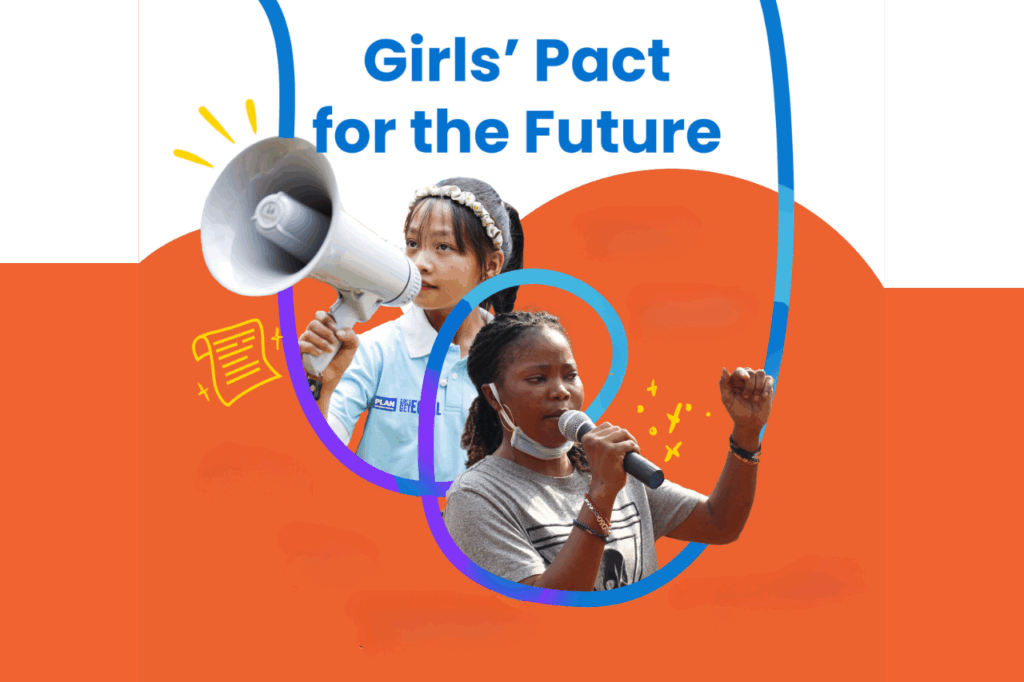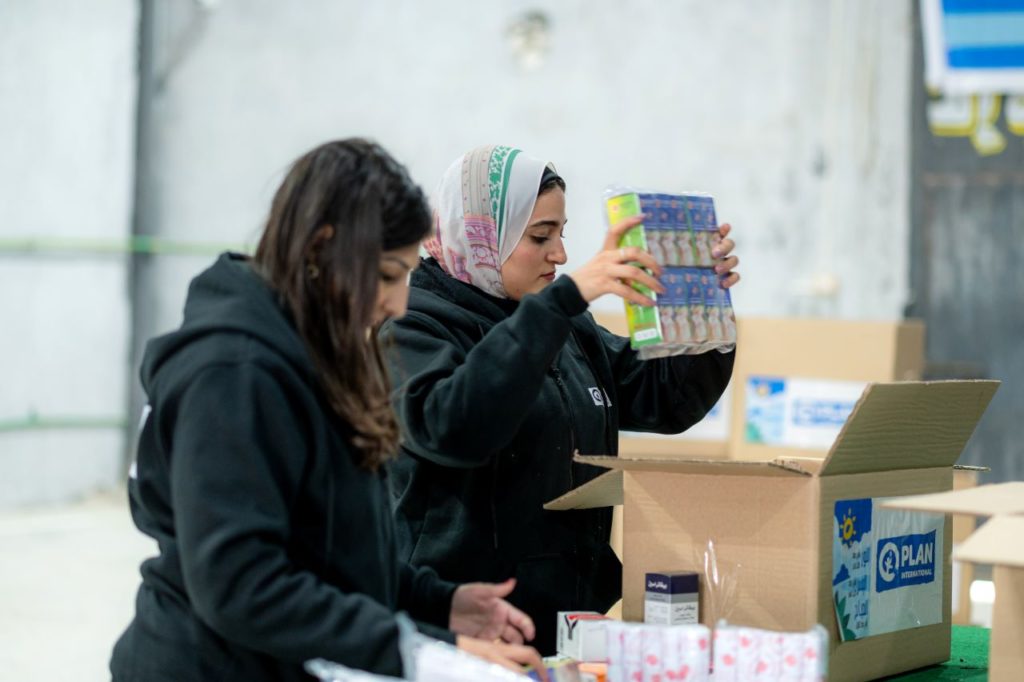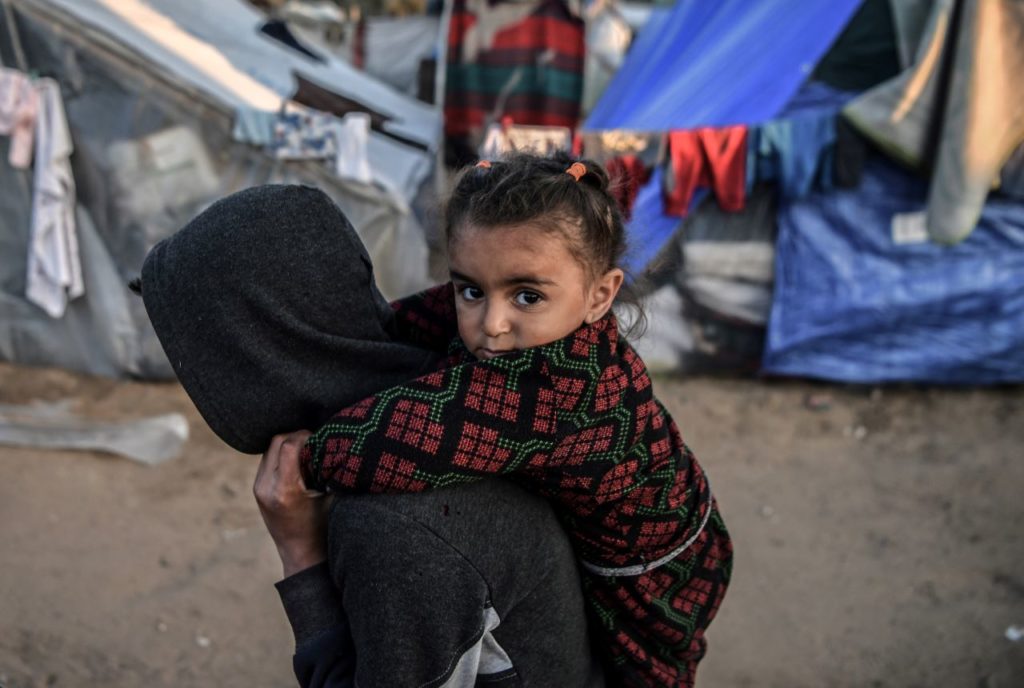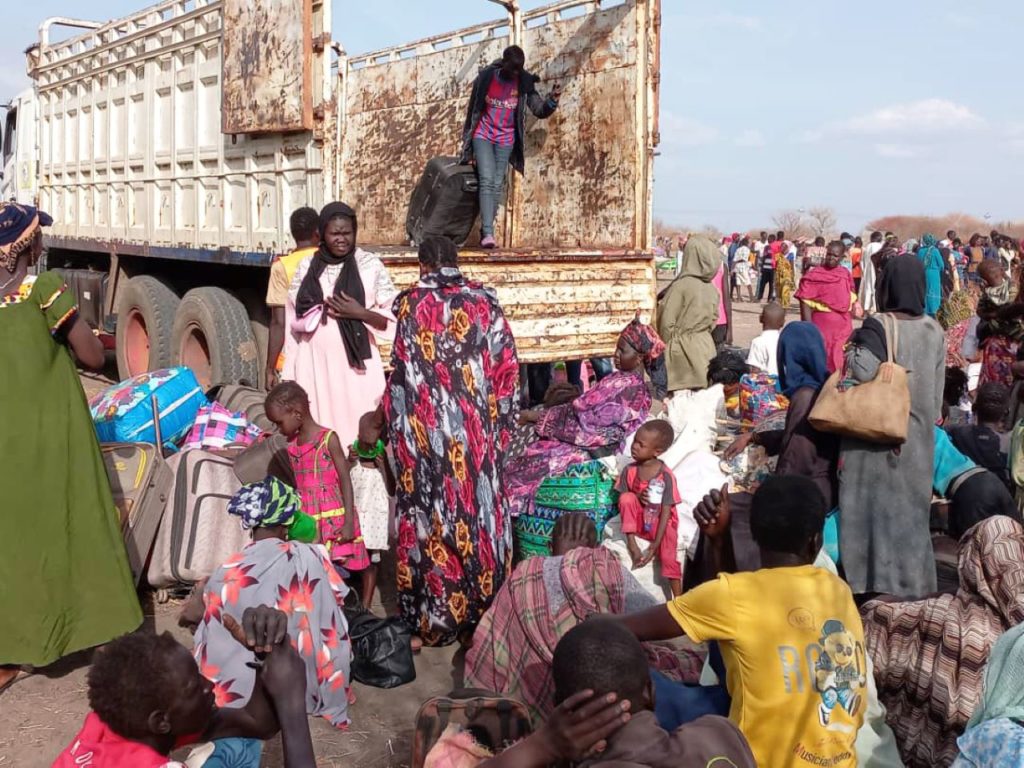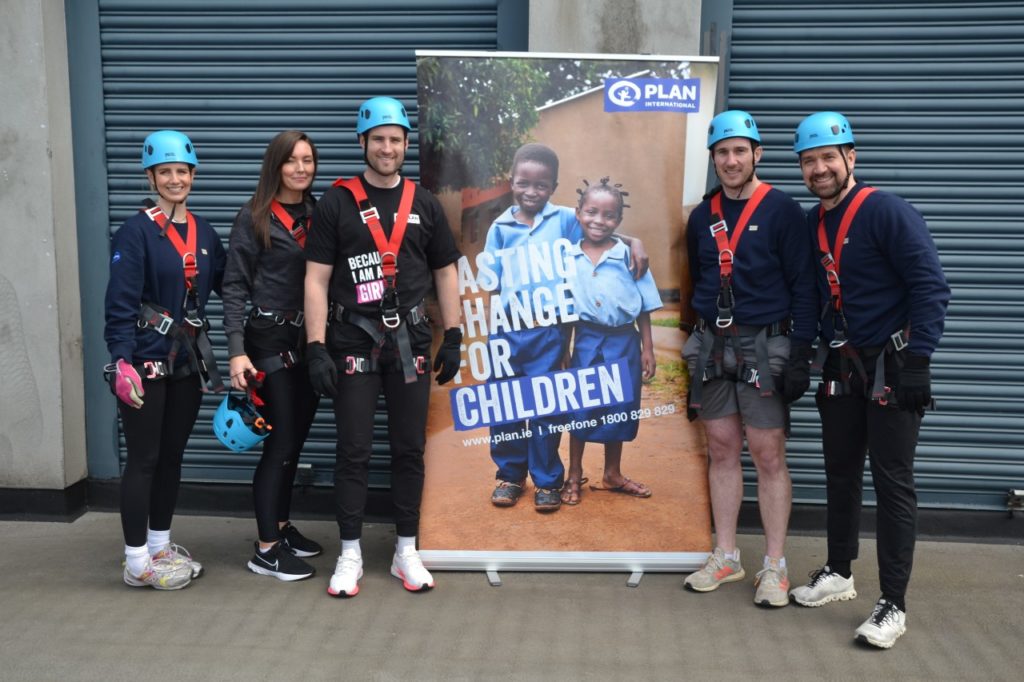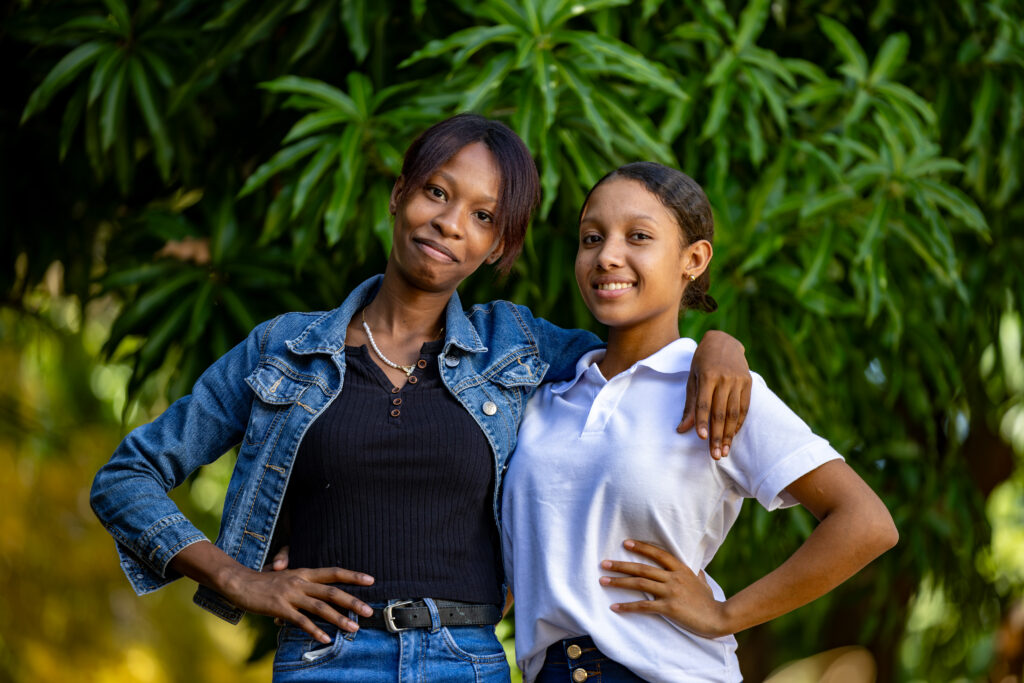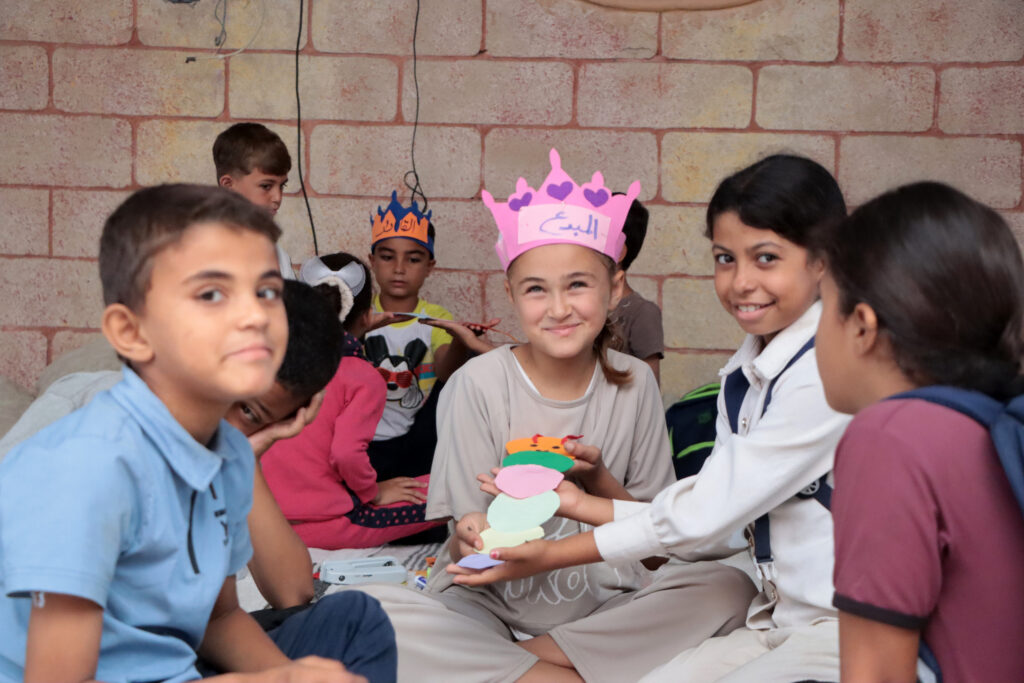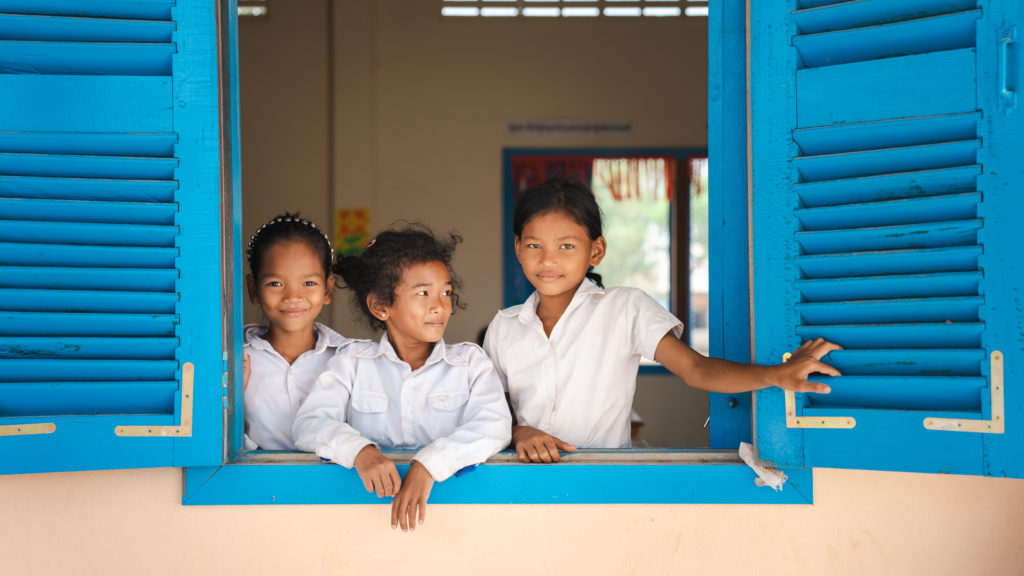94% of girls spend an average of five hours and 15 minutes per day on unpaid care work which has harmful long-term consequences.
The ‘Real Choices Real Lives’ study has been following girls from nine countries, since birth, in 2006.
This year, through interviews with both the girls (who are now 17 and 18 years old) and their care givers and through tracking their household inventories has enabled data to be collected and analysed on the proportion of time the girls spent on certain activities.
The research found that all the girls who took part feel overstretched, many juggling their education and paid work with unpaid care and domestic work, supporting their families.
Out of the 92 girls who took part in the study, 87 were doing unpaid care work as part of their daily activities. The average time spent on these activities (five hours 15 minutes) was more than double the average time allocated for their school homework and astonishingly, almost one hour more than the average time spent on unpaid care work by women over 18 globally.
“I wish I had time to refresh myself, not just stress. I should be studying (but) I think I can’t rest yet because I have a lot to do. I am sometimes really cramming because when I get home, I can’t concentrate because of household chores, especially when the laundry is piled up,” says Darna, 18, from the Philippines.
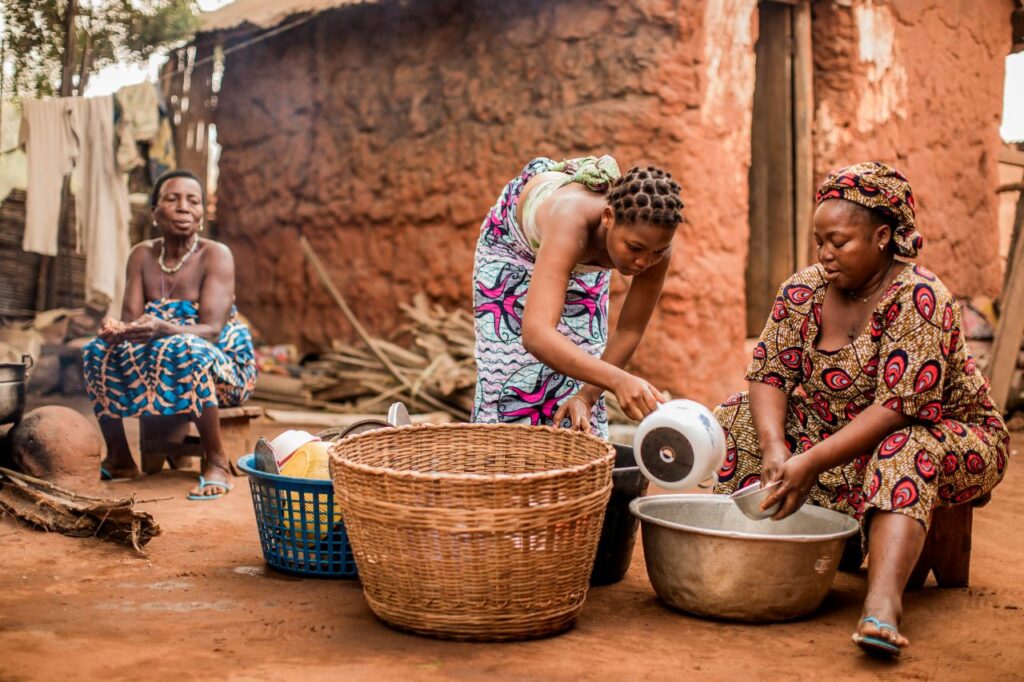
Unpaid care work is the time individuals spend performing tasks at home such as cooking, cleaning, collecting fuel and water and caring for family. It is essential and valuable work, but persistent norms mean that this type of work is overwhelmingly performed by girls and women.
The responsibility of unpaid care work is exacerbated by poverty and lack of access to infrastructure. The unequal division of labour varies according to household, economic circumstances and family composition but unquestioned social norms set the expectation that this type of work must be done by girls and women, according to the study.
The study has found that the disproportionate amount of time girls spend on unpaid care work directly impacts on their education with girls reporting they were arriving late to school, struggling to complete their homework and in some cases dropping out entirely.
Of the 92 girls who took part, 20 have dropped out of school and are not pursuing alternative education. The study makes it evident that the unequal division of unpaid care work has negative long term economic consequences for girls – in addition to impacting on their education, they are less likely to acquire the skills needed for well-paying jobs which puts them at greater risk of poverty in adulthood.
Balancing time to fit in unpaid work alongside studies and other important activities such as socialising with friends, engaging in hobbies, participating in community, taking care of their health and wellbeing and getting enough sleep is a struggle. Many of the girls reported high levels of stress and few hours of sleep with some citing experiencing loneliness and isolation as a result of not having enough time to spend with friends and family. Rest and leisure activities are essential for children’s development and for girls’ ability to develop agency and leadership skills.
“Education is key to breaking the cycle of poverty and gender inequality, but the heavy responsibility of unpaid care work is preventing many girls from attending and succeeding at school” says Dr Kit Catterson, Research Manager at Plan International. “We must recognise the unequal workload that girls are taking on and the cost this has on their wellbeing and future prospects. It is essential to encourage the involvement of men and boys and to redistribute care responsibilities to ensure not only a better life and future for girls but also to promote a healthier family dynamic in which roles and responsibilities are more equally divided.”
The report also highlights how climate change exacerbates gender inequality, as its impact upon households can intensify girls’ care responsibilities, as they may be required to look after those injured or unwell following extreme weather events or those who become ill from malnutrition where climate has impacted farming.
When household conditions change and mothers are look for alternative work, outside the home, girls are expected to stand in for their mothers. The report finds that as the work girls perform is not recognised as care or labour, but instead as ‘help’ it is undermined, and this can even lead to girls themselves not recognising the value of this extra work that they are taking on.
As the G20 Summit in Brazil convenes later this month Plan International is advocating for urgent action to reach gender equality, calling upon the international community to recognise the unequal expectation placed on girls. Plan International requests that national statistics data records the contributions of unpaid care and focuses on policies which empower girls, promoting economic inclusion. Girls’ voices must be included in the decision-making process.
The Sustainable Development Goals (SDGs) are off track, and it is crucial they are prioritised. By investing in gender transformative policies that address social, economic and environmental dimensions (including gender sensitive climate action) and promoting access to education and employment for girls we will truly be able to shift towards a more equal society.
